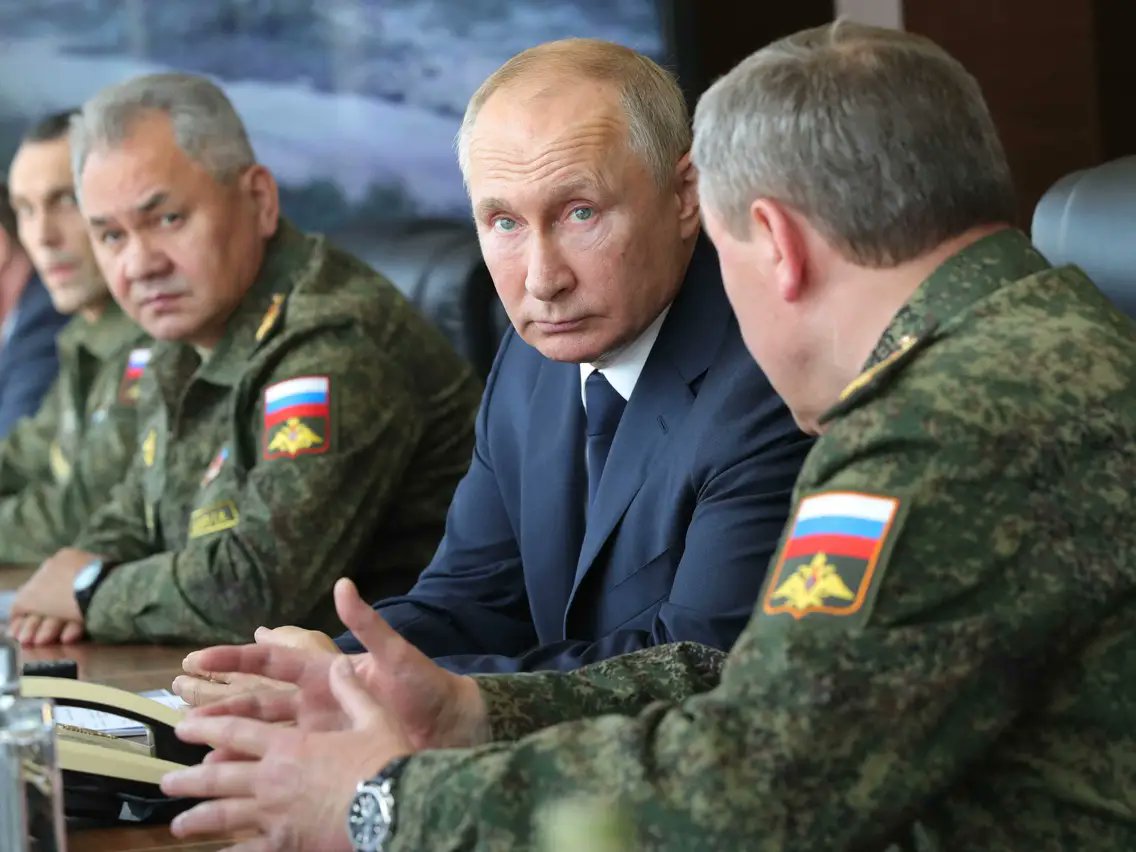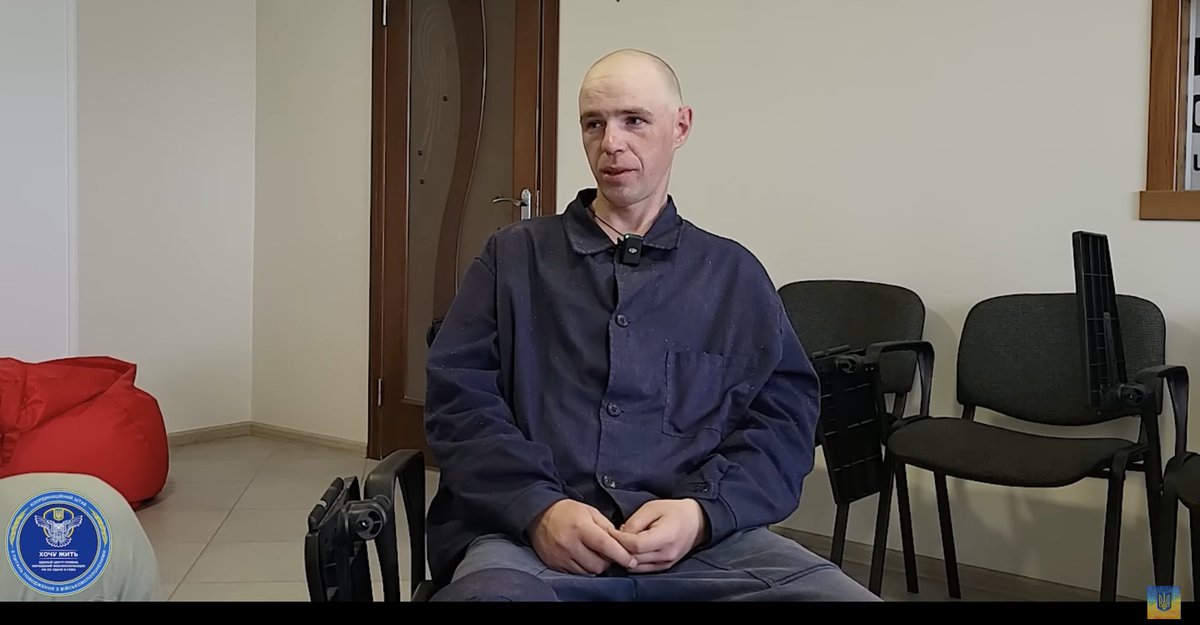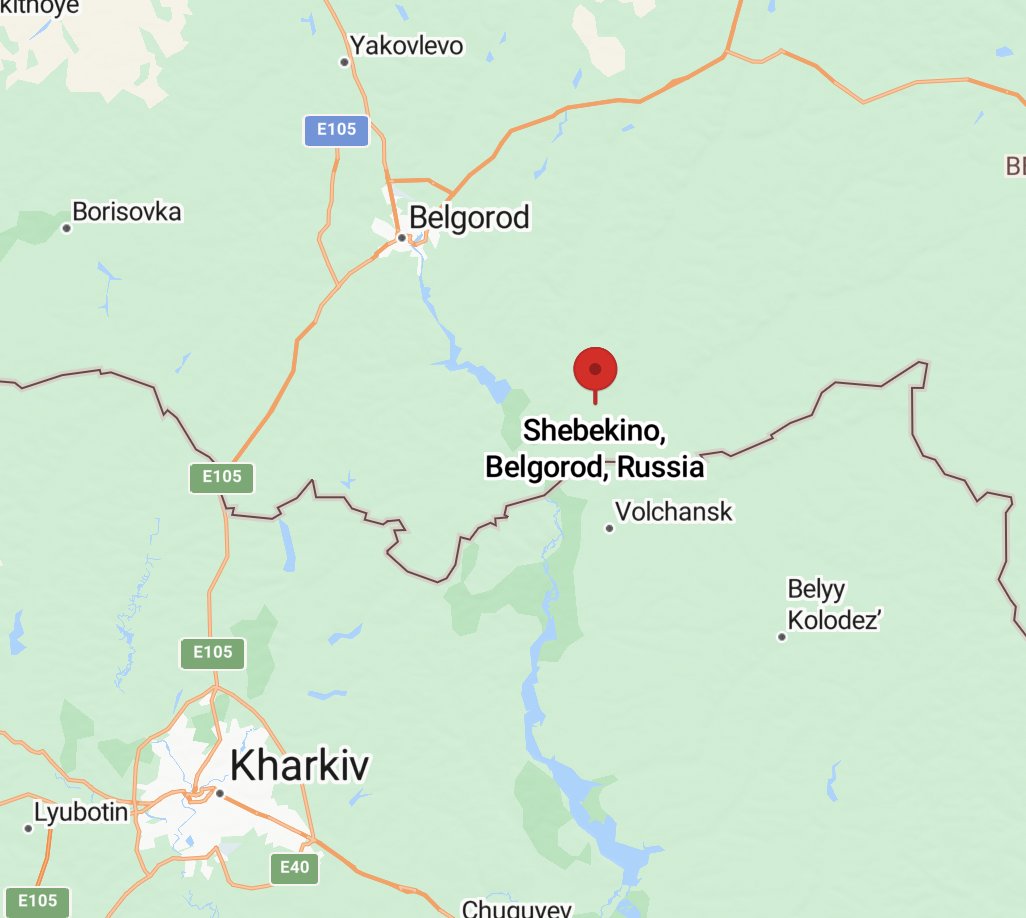1/ This very good thread from @TomGiuretis highlights the vital role that the canals fed from the Dnipro play in the agriculture of southern Ukraine and Crimea. But I thought I'd add a historical perspective to how the canals changed life there.
https://twitter.com/TomGiuretis/status/1666062460967690240
2/ As Tom says, and I can attest as well having been there myself, it's a completely flat landscape of endless fields. It's watered by four major canals and innumerable side canals and irrigation channels. The Dnipro's water has made it a hugely productive farming region. 

3/ That, however, is quite a recent development. The canals were only built between the 1950s and the 1980s by the Soviet Union. Before then, the region south of the Dnipro was a hot, arid, dusty plain with frequent droughts, dust storms and crop failures.
4/ This has had significant military consequences in the past. Russian armies under Prince Vasily Golitsyn attempted to invade the region in 1687 and 1689, but found their horses starving for the lack of any grass to eat. They retreated and lost 70,000 men in the process. 

5/ Although the soil was fertile and the warm climate allowed for long growing seasons, the problem was that there wasn't enough water. Soviet agronomists found that it took 500 tons of water to grow a single ton of grain in the region.
5/ Leonid Melnikov, who served as the First Secretary of the Communist Party of Ukraine in the last years of Stalin's rule, described the situation before the construction of the canals in an article published in October 1950: 

7/ "The fertile soils of these regions do not always properly reward the labours of the collective farmers... Dry winds and black dust storms frequently devastate the fields and destroy the fruits of the labour of many thousands of people.
8/ "Suffice it to say that in 60 years, at the junction of the nineteenth and twentieth centuries, there were 20 drought-stricken years in the southern districts of the Ukraine.
9/ "In those years, the yields of the principal crop – winter wheat – averaged from 0.09 to 0.3 tons per hectare, and some crops perished altogether.
The yields of grain and industrial crops in the southern Ukraine were often unstable.
The yields of grain and industrial crops in the southern Ukraine were often unstable.
10/ "Drought, occurring every three or four years, frequently assumed the proportions of a calamity and weakened the economy in the drought-stricken districts as well as that of the whole republic...
11/ "Owing to inadequate yields and insufficient development of productive livestock farming, the incomes of the collective farms in the southern districts of Kherson, Nikolayev, Zaporozyhe, and other regions were much lower than in the northern districts of the republic."
12/ (USSR Information Bulletin, October 13, 1950, p. 583)
13/ Unfortunately, Russia's reckless destruction of the dam is already leading to water draining out of the canals into the emptying Dnipro river. There's still a lot of water in the canals, but they will dry out in the next few weeks or months.
https://twitter.com/Osinttechnical/status/1666001246354898946
14/ It's likely to be a long time before the dam is rebuilt – that will certainly not happen while it's on a front line. In the meantime, farmers in southern Ukraine will find the land reverting to the sort of conditions which Melnikov described 73 years ago.
15/ This may happen fairly quickly. When Russia seized Crimea in 2014, Ukraine blocked the North Crimean Canal to cut off the water supply. The result was a drastic change in Crimea's vegetation within only two years – the images below show the peninsula in 2016 (l) and 2018 (r). 



16/ Conditions may become worse than they were before the dam's construction due to the effects of climate change, which makes prolonged droughts likelier and causes higher temperatures, increasing the stress on plants.
17/ The destruction of the dam is likely to lead to the collapse of the agricultural economies of occupied southern Ukraine and Crimea and a further exodus of people. Considering these are territories Russia claims as its own, it's an incredible act of self-destruction. /end
• • •
Missing some Tweet in this thread? You can try to
force a refresh

 Read on Twitter
Read on Twitter











